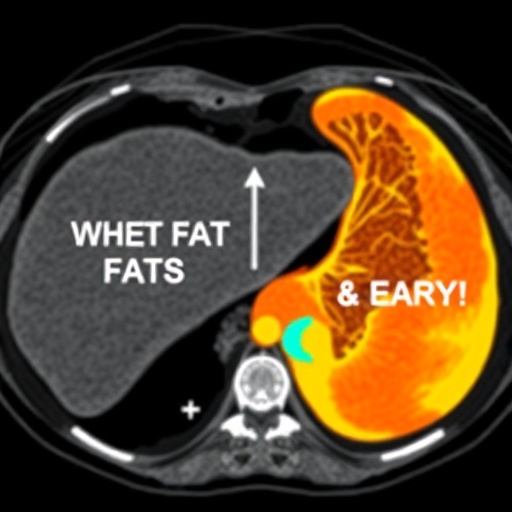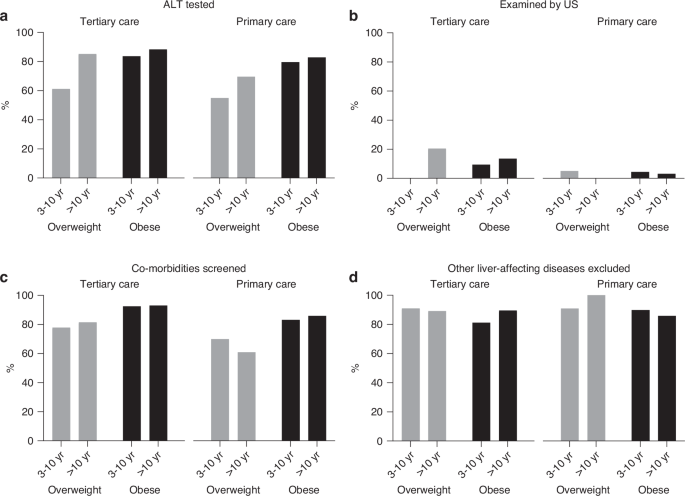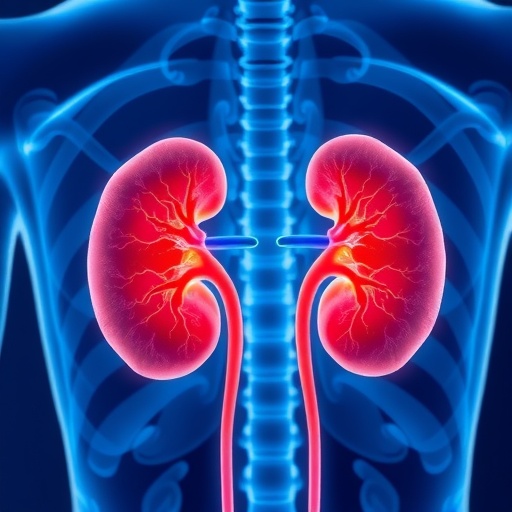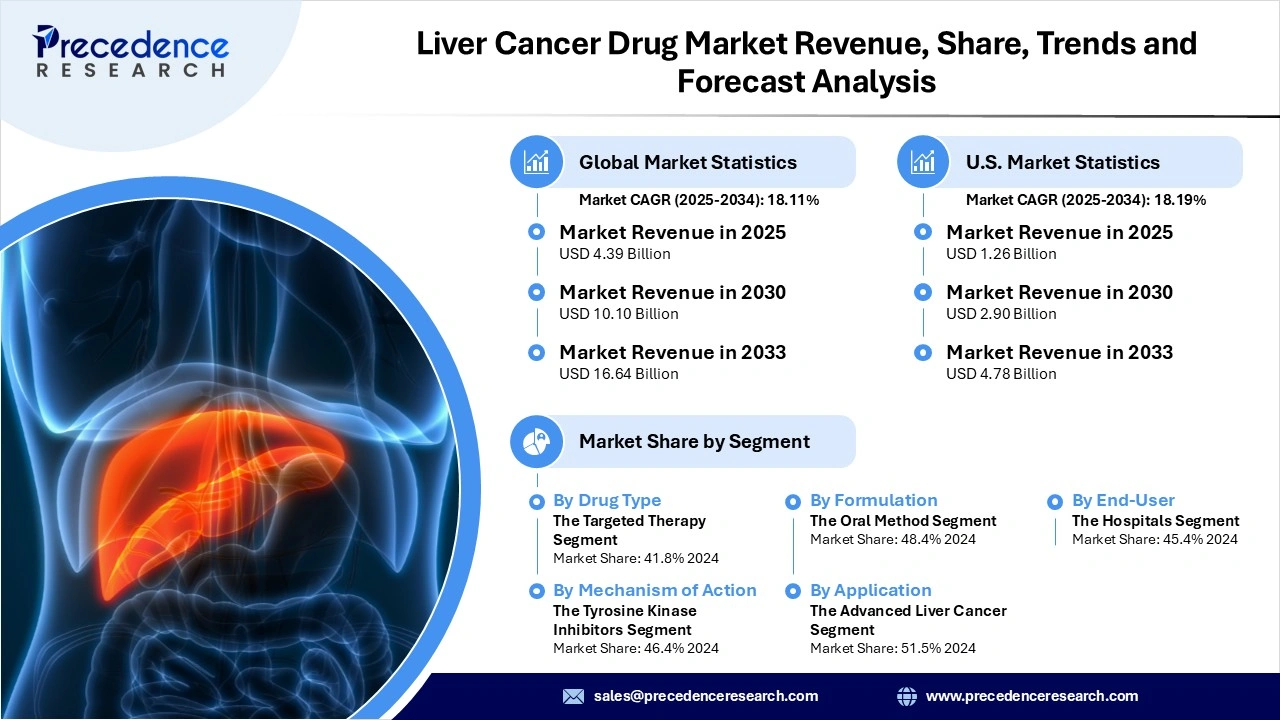Assessing health system preparedness for MASLD in the Middle East and North Africa

Background and aims
Metabolic dysfunction-associated steatotic liver disease (MASLD) represents an escalating healthcare burden across the Middle East and North Africa (MENA) region; however, system-level preparedness remains largely undefined. This study aimed to assess existing models of care, clinical infrastructure, policy frameworks, and provider perspectives across 17 MENA countries.
Methods
A cross-sectional, mixed-methods survey was distributed to clinicians from MASLD-related specialties across the region. A total of 130 experts (87.2% response rate) from academic, public, and private sectors in 17 countries participated. The questionnaire addressed national policies, diagnostic and therapeutic practices, referral pathways, multidisciplinary team (MDT) integration, and patient/public engagement. Quantitative responses were analyzed descriptively, while qualitative inputs underwent thematic analysis.
Results
Only 35.4% of respondents confirmed the presence of national clinical guidelines for MASLD, and 73.1% reported the absence of a national strategy. Structured referral pathways were reported by 39.2% of participants, and only 31.5% believed the current model adequately addresses MASLD. While 60% supported MDT approaches, implementation remained inconsistent. Limited access to transient elastography was reported by 26.2% of providers. Public education efforts were minimal: 22.3% reported no available tools, and 87.7% indicated the absence of patient-reported outcomes data. Nearly half (47.7%) cited poor patient adherence, attributed to low awareness, financial barriers, and lack of follow-up.
Conclusions
This study reveals substantial gaps in MASLD care across the MENA region, including limited national strategies, weak guideline implementation, underutilized multidisciplinary collaboration, and fragmented referral systems. Despite these deficiencies, the insights gathered from regional experts highlight both systemic challenges and actionable opportunities for improvement. Advancing MASLD care in the region will require more than medical interventions; it demands a paradigm shift that strengthens health system capacity, fosters responsive policy development, and builds human resource capabilities. The collective voices of frontline clinicians reflect a strong readiness for system transformation. Their call to action underscores the urgency of integrated national strategies, patient-centered multidisciplinary care, expanded public education, and robust health system preparedness. A shift from reactive measures to proactive, structured approaches is essential to ensure timely diagnosis, long-term management, and equitable access to care for MASLD patients across MENA.
Source:
Journal reference:
El-Kassas, M., et al. (2025). Mapping Metabolic Dysfunction-associated Steatotic Liver Disease Models of Care across 17 Middle East and North Africa Countries: Insights into Guidelines, Infrastructure, and Referral Systems. Journal of Clinical and Translational Hepatology. doi: 10.14218/jcth.2025.00286.
link






